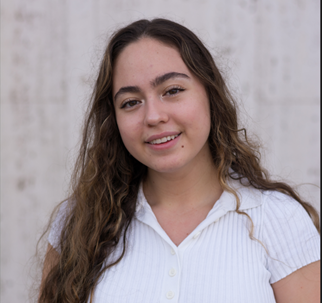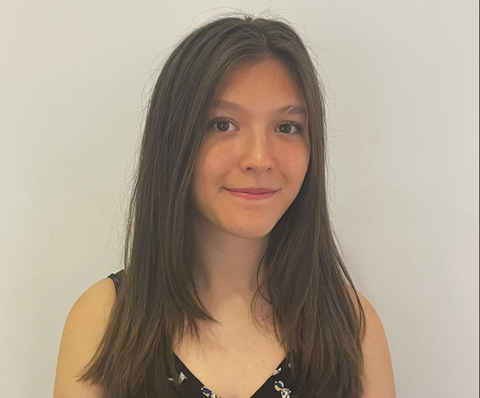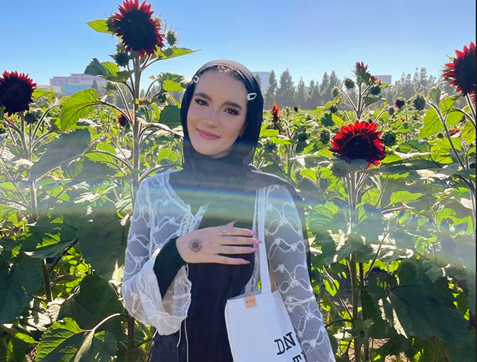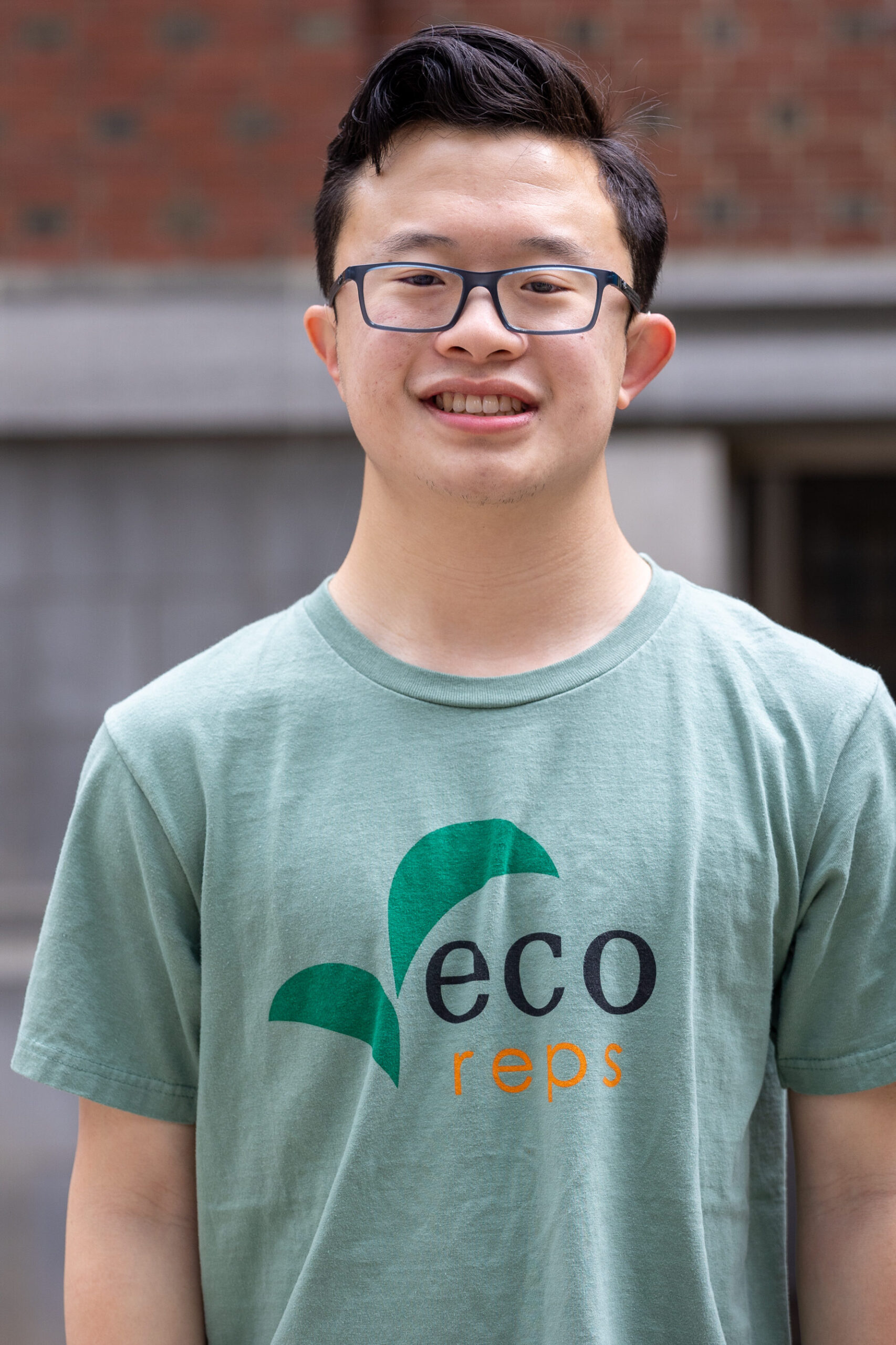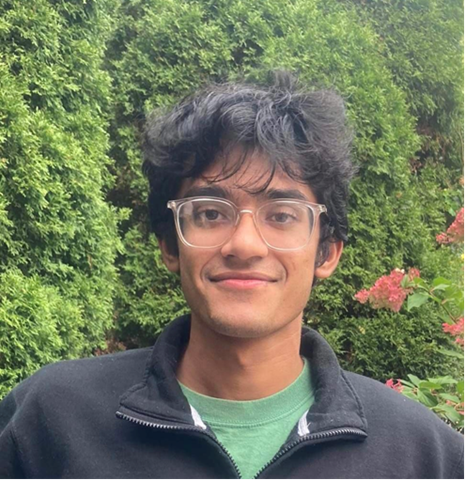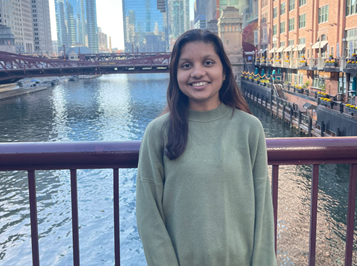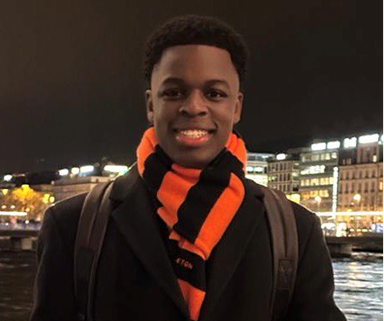Author: Jayla Cornelius ’23
On February 6th at 4:17 am, destruction hit both the south-central Turkish city of Nurdağı and the Syrian city of Jinderis. Tectonic plates stretching eleven miles underneath this city began moving side by side in opposite directions which, in geological studies, is referred to as a strike-slip fault. The Arabian and Anatolian plates moved past each other and weakened the structural integrity of ten neighboring cities in the area. In the middle of the night, the fault yielded and the crust began to crack, releasing stored energy that was the equivalent of “roughly 8 million tons of TNT.” 23 million people have been directly affected and 7,000 of those residents have been declared deceased. Those near the epicenter of this 7.8 magnitude earthquake stood by in mourning, some of which took shelter in their cars, and waited for the possible aftershock of this already gruesome natural phenomenon. For those unfamiliar, aftershocks commonly take place after the main quake but as time passes and the earth begins to settle, they become increasingly rare. You can think of an aftershock as a reverberation in the earth’s crust as seismic waves (which dissipate the further you are from the epicenter) travel in a curving path due to changes in composition, pressure, and temperature within the layers of the Earth. The most dangerous period after the quake usually takes place within three days of the main shock for inland earthquakes such as the one in Turkey and Syria. For earthquakes occurring in the sea area, they can be seen as much as ten days later.
On February 15th, Sean Kivlehan, assistant professor of Global Health and Population at Harvard, spoke about his Harvard Humanitarian Initiative (HHI) and how shelter remains a huge concern in multiple areas of Syria which was already going through a separate humanitarian crisis. The health system was deemed fragmented and inadequate even prior to the earthquake and the level of aid required only skyrocketed further. The interruption of work and limited/nonexistent access to education force people to relocate to unknown and possibly more dangerous environments. These sensitive events surrounding Turkey and Syria have affected people all over the world and the uncertain future of both the infrastructure and economy leaves many people restless and worried.
As an environment-related blog, we hope to not only inform students about the events occurring all over the world but also emphasize the emotional toll that such events take on a number of us. The devastation ravaged on these Turkish and Syrian cities can be mitigated with more effective enforcement of building code regulations that require infrastructure plans to meet a certain standard before beginning construction. While we cannot change the past, we can learn from these events and require that both politicians and developers in cities all over the world provide an adequate level of diligence when attempting to sign off on plans that may not be up to standard for the area. This post is not meant to dive into the structural reasons of why more buildings than necessary collapsed during this event, but it is important to know that you can also help by focusing on the engineers tasked with building these structures as a way to advocate for environmental justice. For the Turkish and Syrian aid relief specifically, organizations seeking to provide aid should be in correspondence with the United Nations Office for the Coordination of Humanitarian Affairs (UN OCHA). As always, please visit the links below and/or explore articles on your own to stay informed.
Helpful Links:




